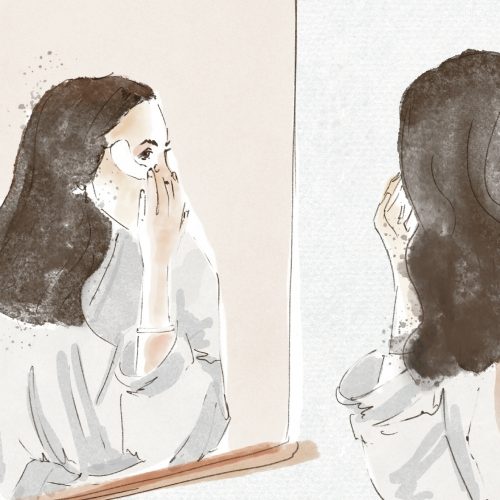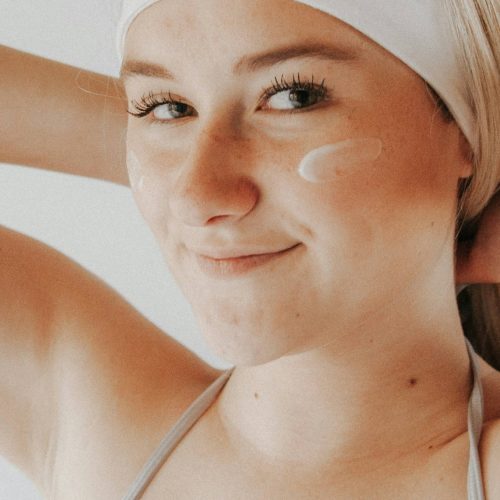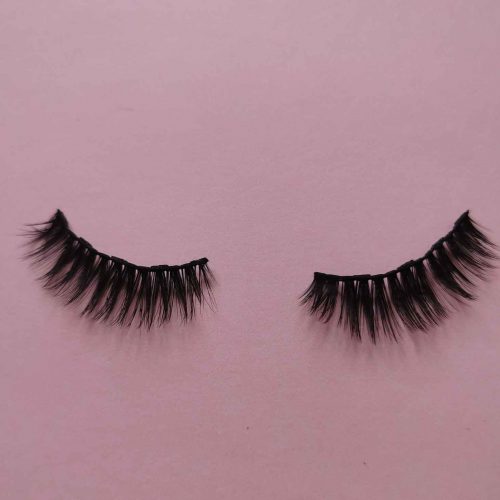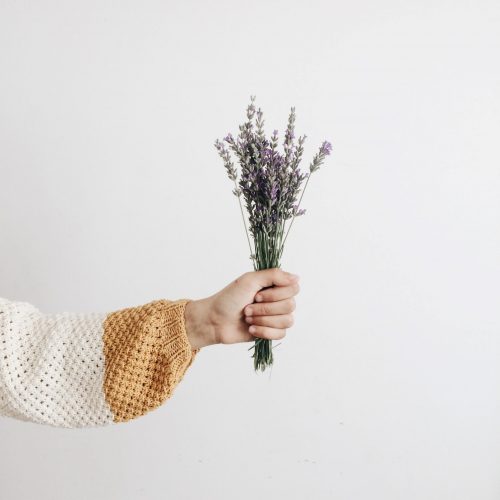The Truth Behind the #NoMakeup Movement
The #nomakeup movement has been around for years: it is calling on people to embrace their natural beauty and try wearing no makeup.
To receive the Luxiders newsletter, sign up here.
Motivations behind getting involved with the movement are varied: whether putting make-up on has begun to feel like a chore, you want to feel more confident in your skin as it comes - ‘flaws’ included - or you are looking to nurture healthier skin by freeing it from the chemicals and oils that are in lots of makeup.
The movement has spread across social media where #nomakeup selfies frequent newsfeeds to which there are very few strangers. We are going to delve into the origins of the movement and explore the relevance of #nomakeup in 2021.
WHERE DID THE #NOMAKEUP MOVEMENT BEGIN?
Since 2016, Alicia Keys has pioneered the movement aiming to create a conversation and empower people to embrace their appearance without makeup. She talked about the “expectation of female flawlessness” combined with the feeling that her “skin couldn’t breathe” as motivations to make a statement by dropping her makeup routine.
Ever since, Keys has regularly appeared without makeup including on album covers, at high profile events like the Grammy Awards, and frequently through social media.
"I don't want to cover up anymore. Not my face, not my mind, not my soul, not my thoughts, not my dreams, not my struggles, not my emotional growth. Nothing." - Alicia Keys
Gwyneth Paltrow, Lady Gaga, Nicole Scherzinger and Kylie Jenner are amongst the masses of celebrities who have taken movement abreast in order to accommodate the make-up free approach that Keys has been promoting, by posting #nomakeup selfies to social media.
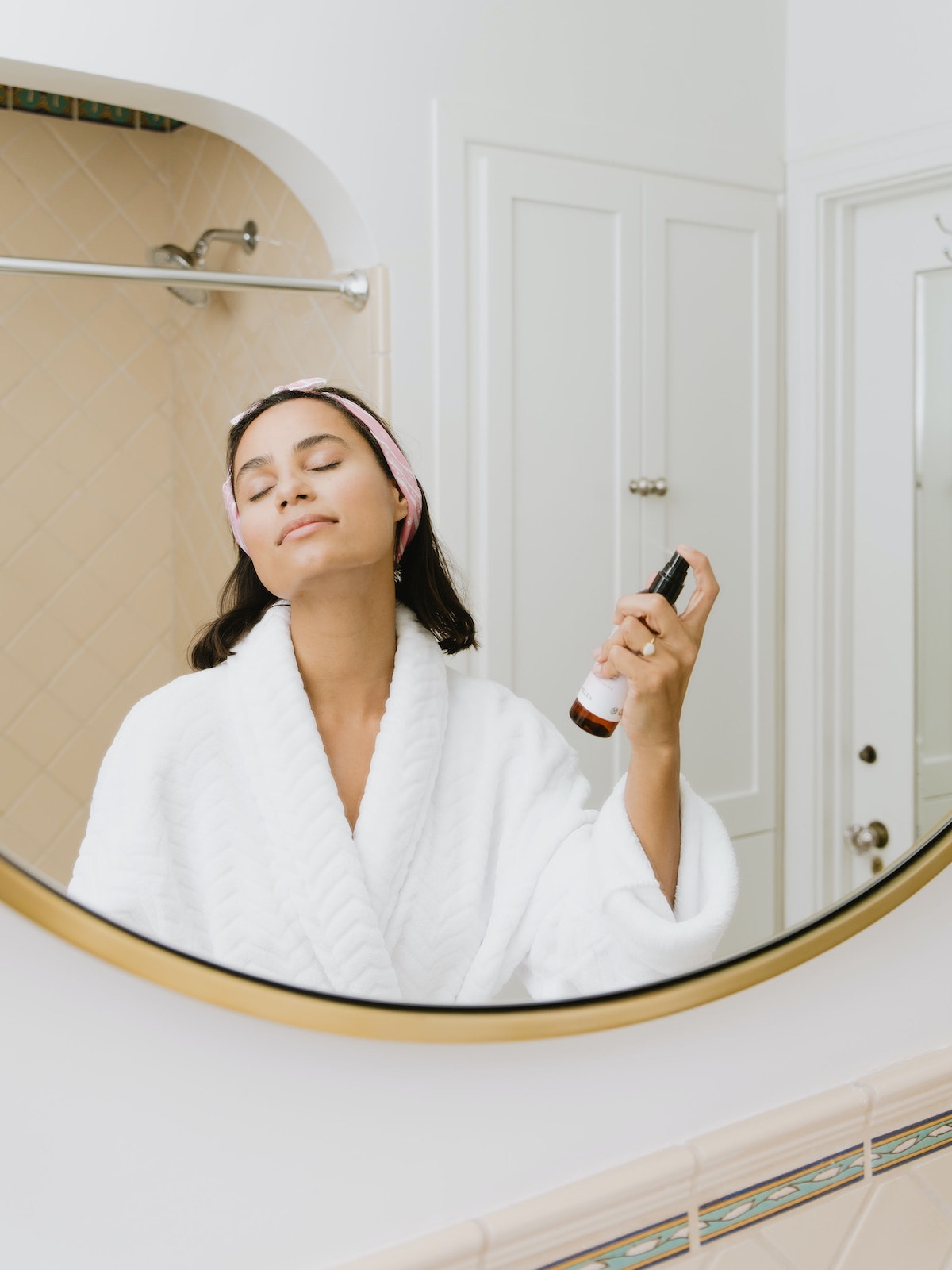
THE CONTROVERSY
Whilst wearing no make-up might just be some people’s effortless every day; others take to the movement as a beauty trend that must be invested in. The makeup evicted, other expensive serums, creams, skin treatments and trips to the dermatologist take their place. An extensive skincare routine that makes your skin more ‘perfect’ in replacement of makeup can make the movement more daunting for those who are on a budget or are limited time-wise. It essentially undermines the point of the movement, which, as we have explored already, is to feel comfortable and confident in your own natural skin.
This leads into the trouble which has been referred to by some as ‘makeup shaming’. If wearing makeup – a lot, or a little – makes you feel more confident… if cheekbones glowing to the sun and a meticulously cut crease is what makes you feel sharp and poised for the day, there should be no shame at all.
Could it be that the #nomakeup movement, when applied and taken as a standard to be strived for, rather than as a movement aimed at creating a space for those who WANT to feel confident without makeup, is hypocritical: we are replacing one pressure (to wear makeup), with another (to not).
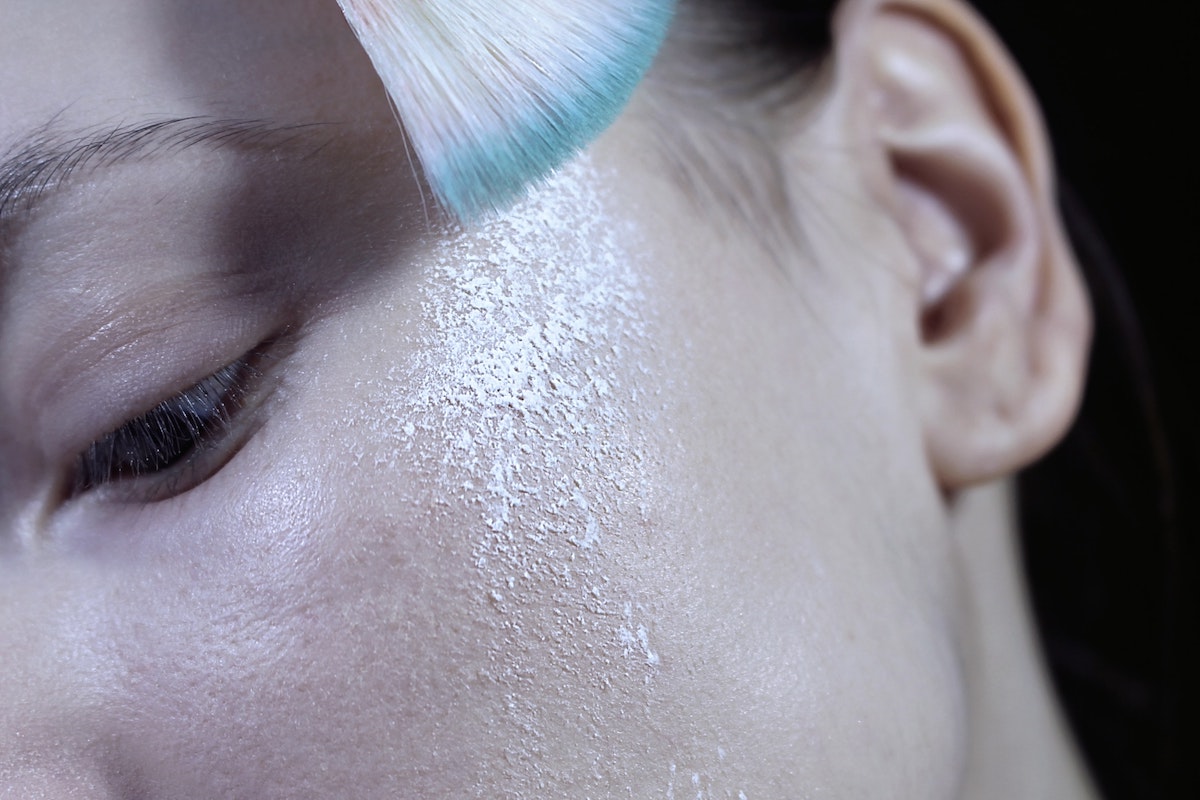
THE BENEFITS OF WEARING MAKEUP
The notion that makeup is only there to make ourselves look more presentable for onlookers is old, disregarded news. Rather, makeup in all of its proliferation of hues and feels on the skin, is used by so many people as a tool for self expression. It can be an art form that allows people to channel creativity and to make bold statements, as well as being seen as an act of self-love for those who enjoy putting time into doing their makeup.
In an interview with Refinery29 psychologist Tara Well talks about putting on makeup as a grounding and meditative ritual related to deepened self-awareness, drawing attention to the meticulous act of placing makeup onto one’s own skin. Even when we have no-where to go, arguably highlighted by the lockdowns imposed across the world by the pandemic that have deemed most of us homebound, makeup has been shown by research to boost our own sense of self-confidence and productivity: also known as the “lipstick effect”.
This all supports the idea that wearing makeup for yourself is perfectly viable and useful as a tool for improved sense of wellbeing and achievement.
OUR CONSENSUS
There is no one-size-fits-all approach, rather for some, taking part will include paring back their makeup routine to the basics and reserving their more extravagant looks for special occasions; for others it means no makeup at all; and for others it means showing their social media followers a #nomakeup selfie as a simple statement of alliance with the causes and reasoning that lie behind the movement.
The movement should be sustained as it is: a movement, not a trend that carries its own expectations of investing in expensive skincare or shame upon those who don’t want to get on board.
The movement is doing a good job for as long as it is making room in society for less ‘perfect’ (whatever perfect is) looking skin, therefore making us feel less obliged to wear makeup. We see it as a butterfly effect: the more visibility and representation there is in the media for acne, rosacea, eczema, scarred – NORMAL – skin, in all of it’s blemished and un-even beauty, the more we will feel confident wearing, or not-wearing makeup to our own agenda.
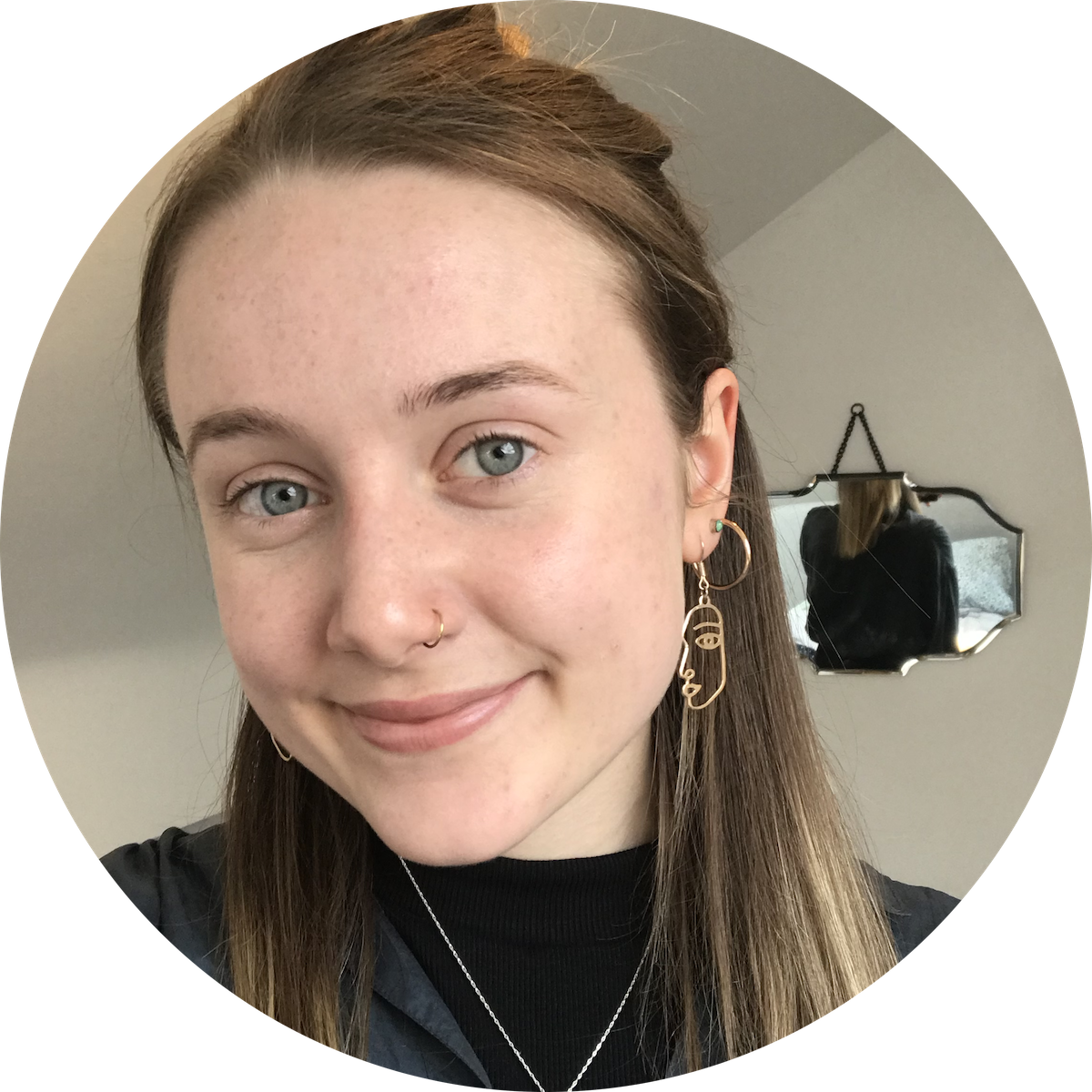
+ Words: Niamh Heron, Luxiders Magazine
BA Journalism and Media Graduate, based in Leeds, UK
Connect with her through Instagram @niamh.heron or LinkedIn

